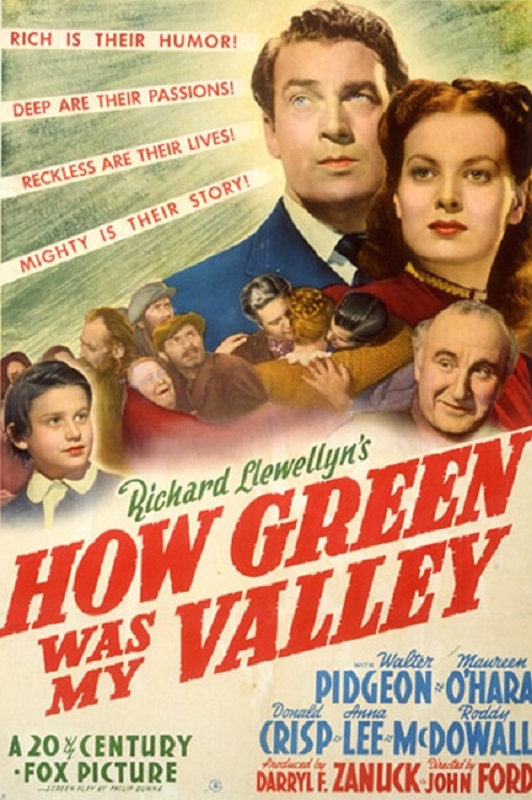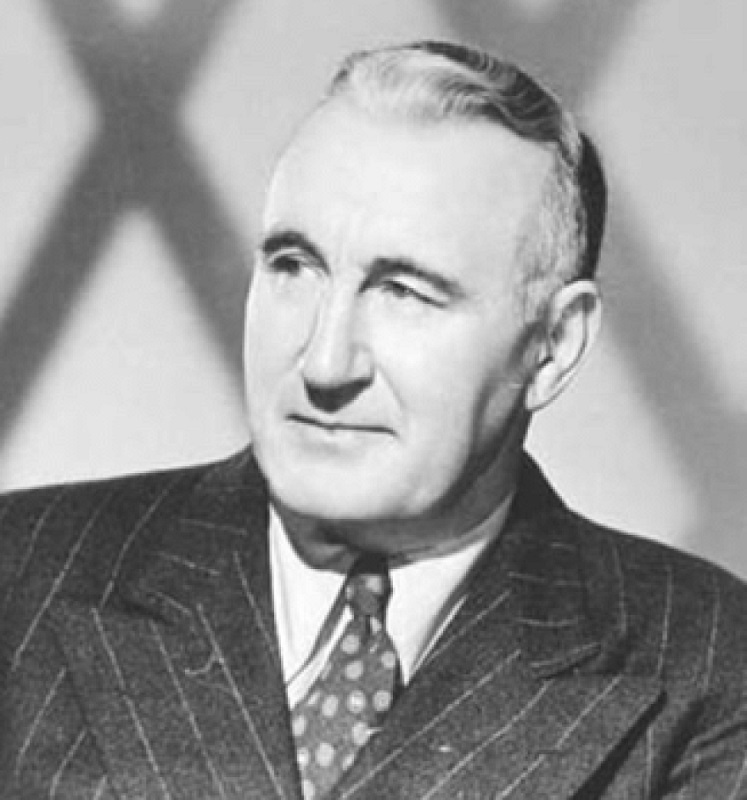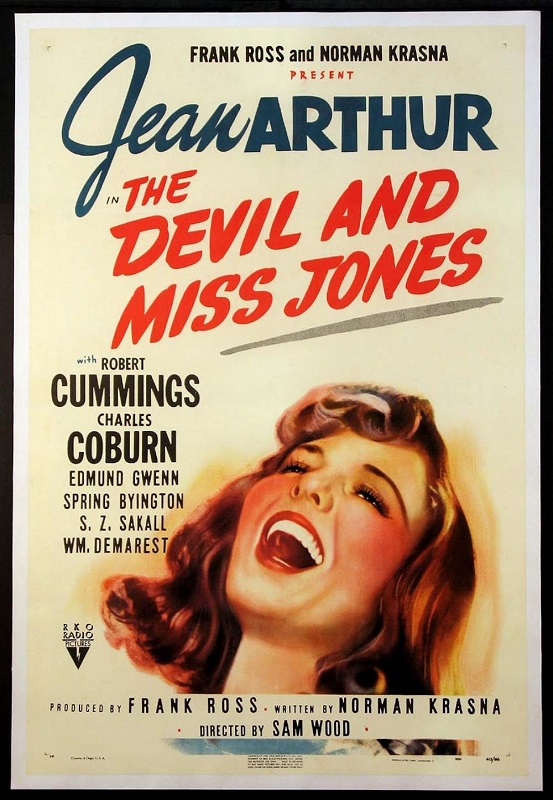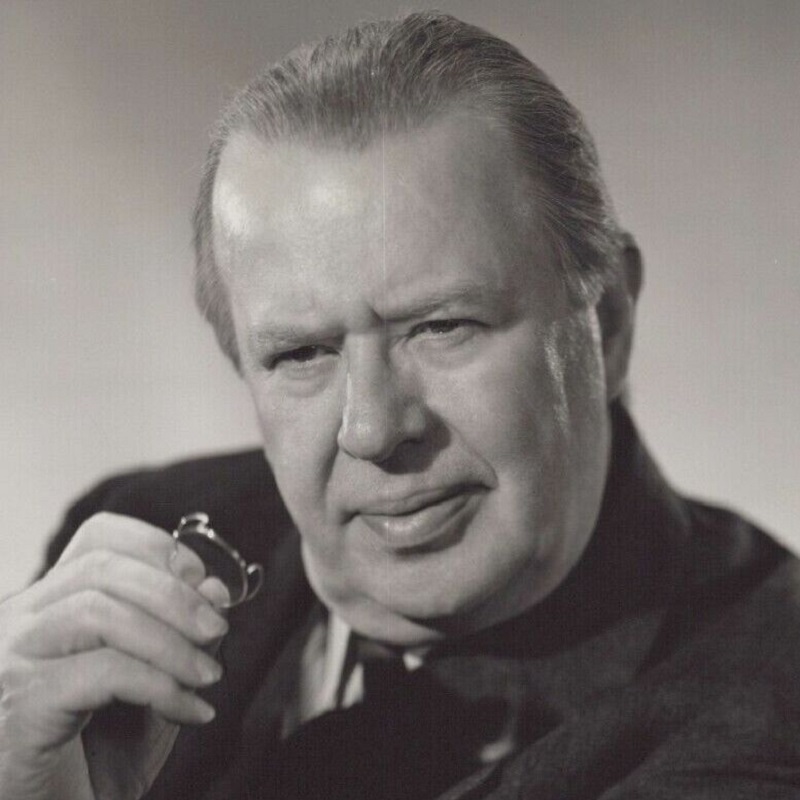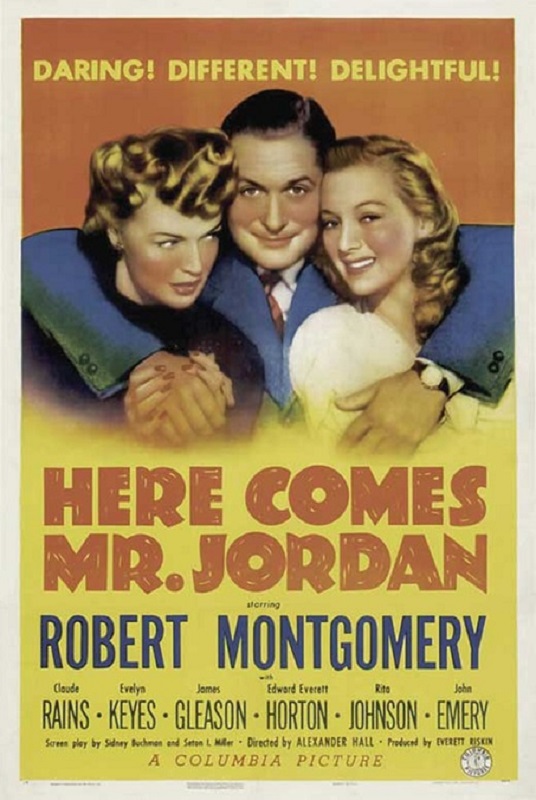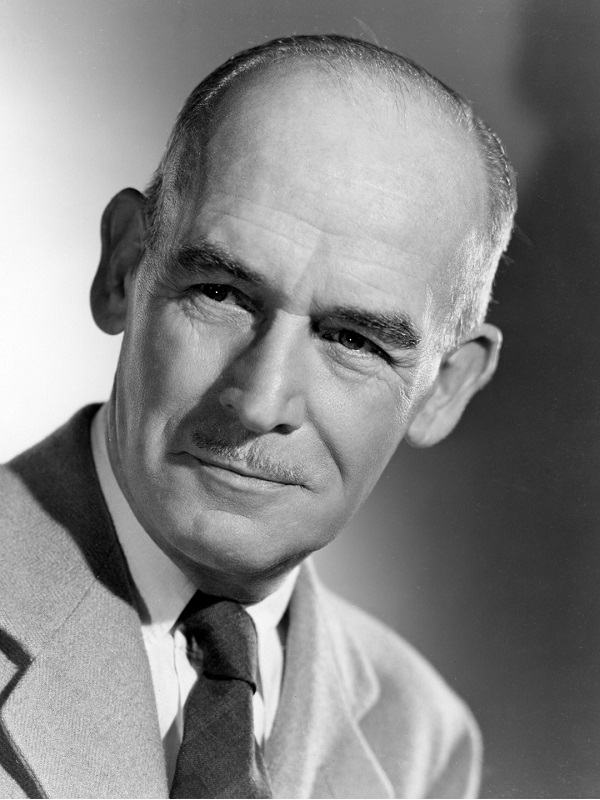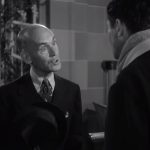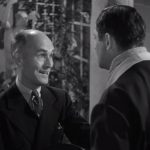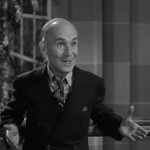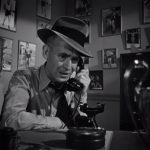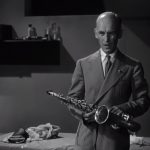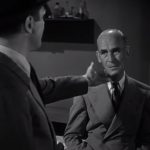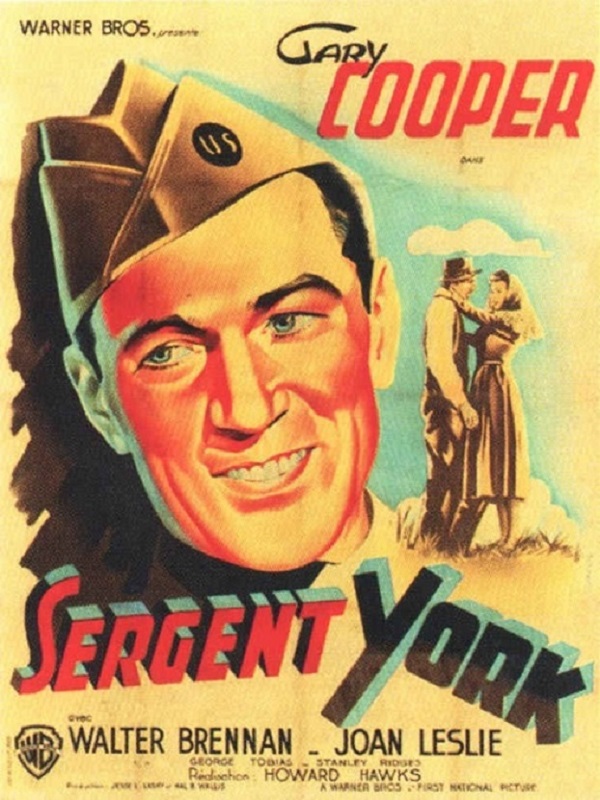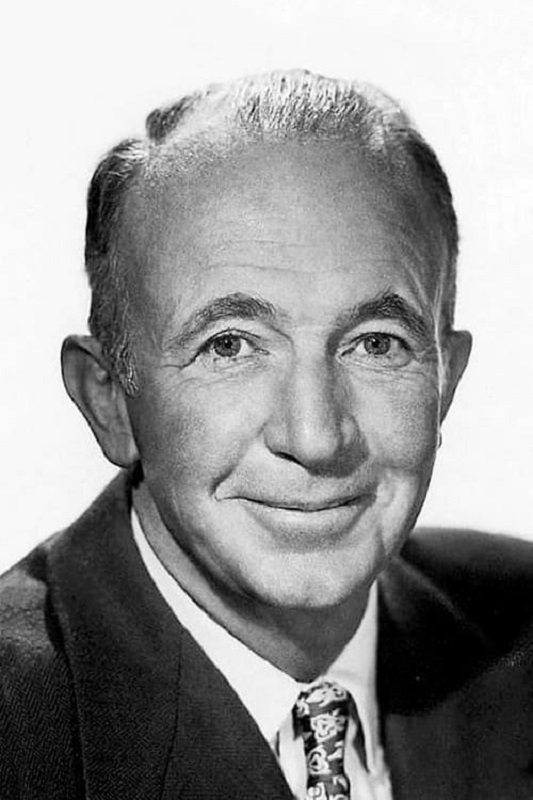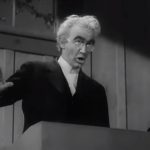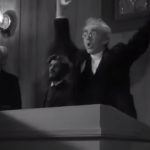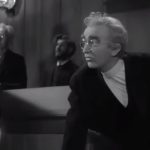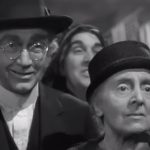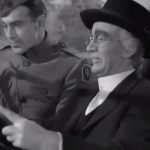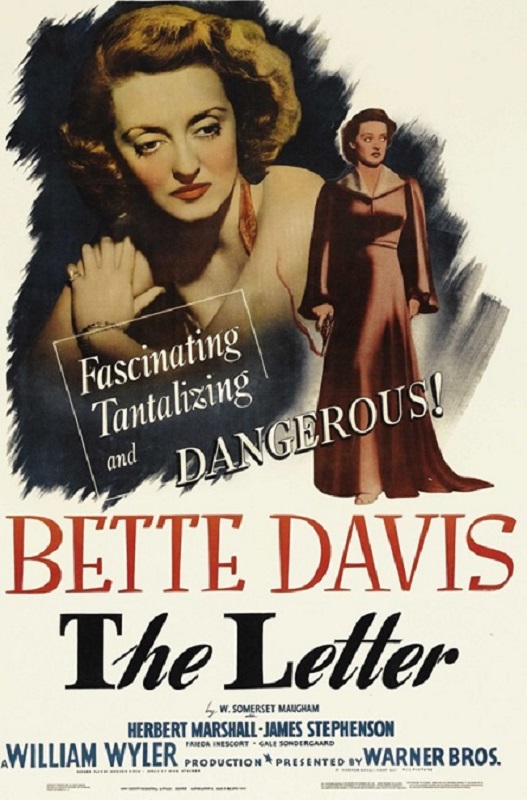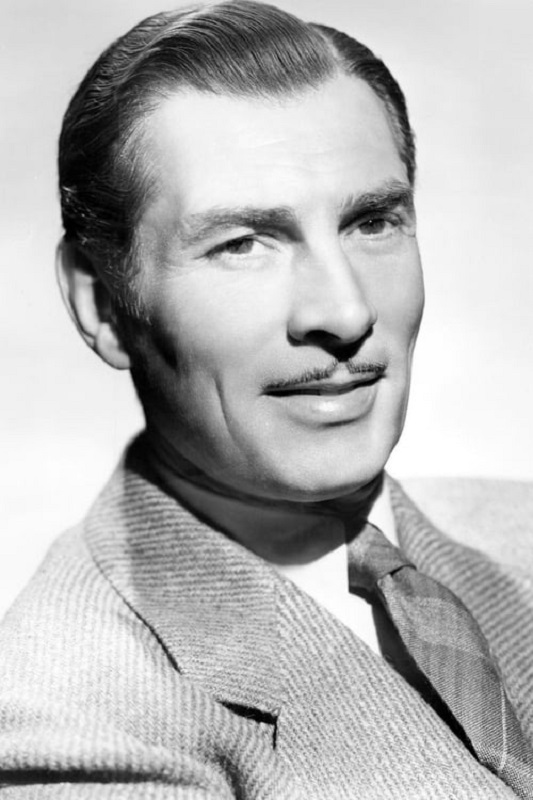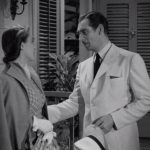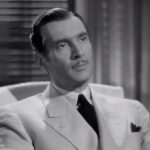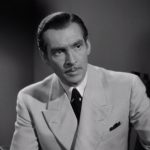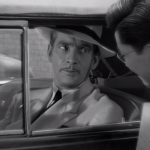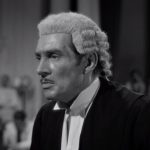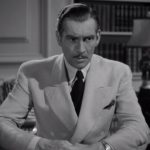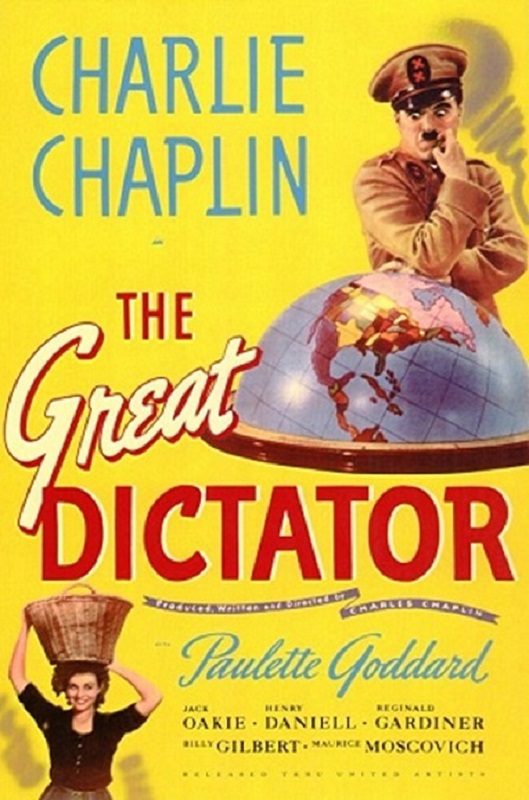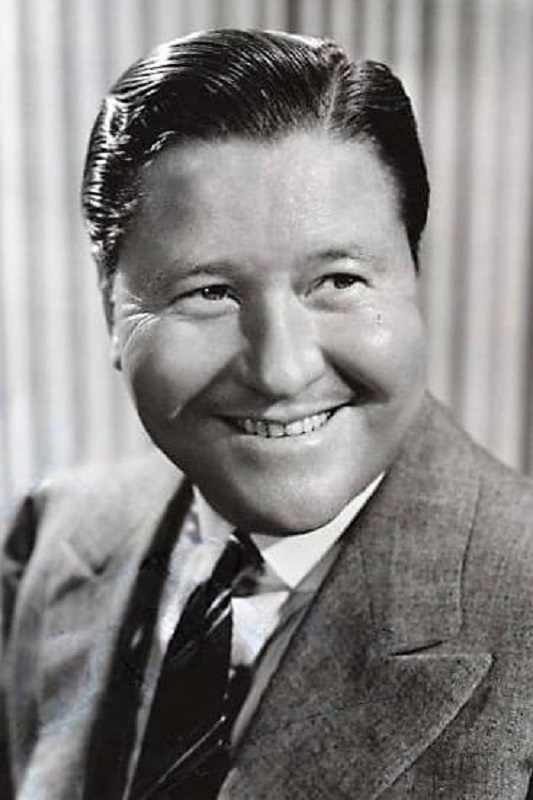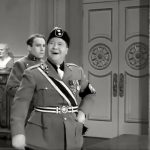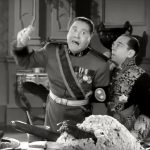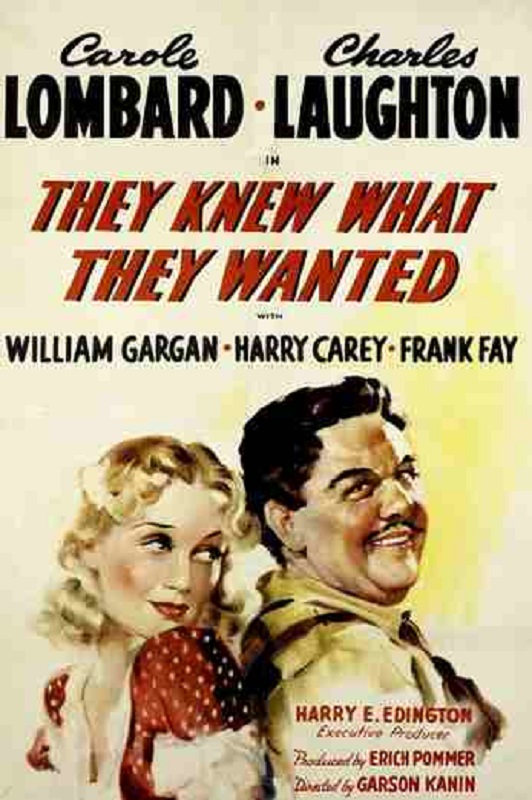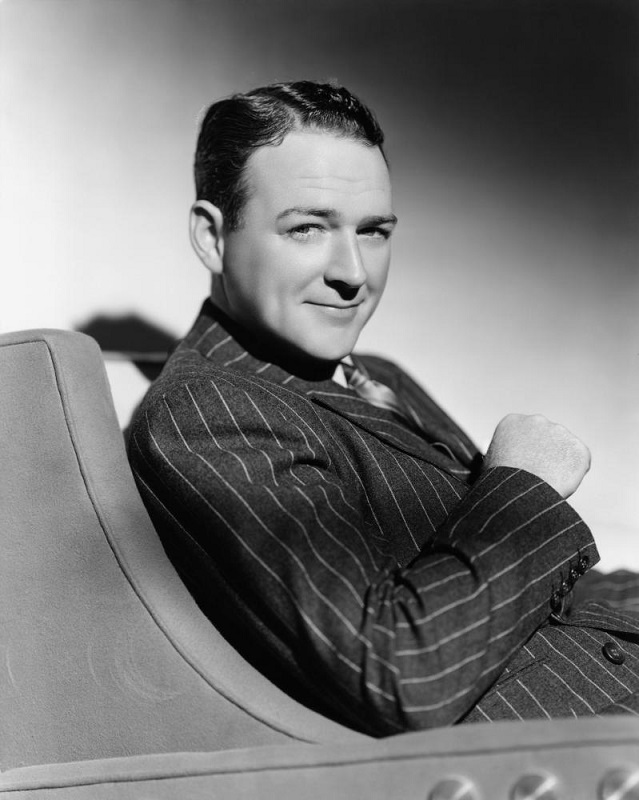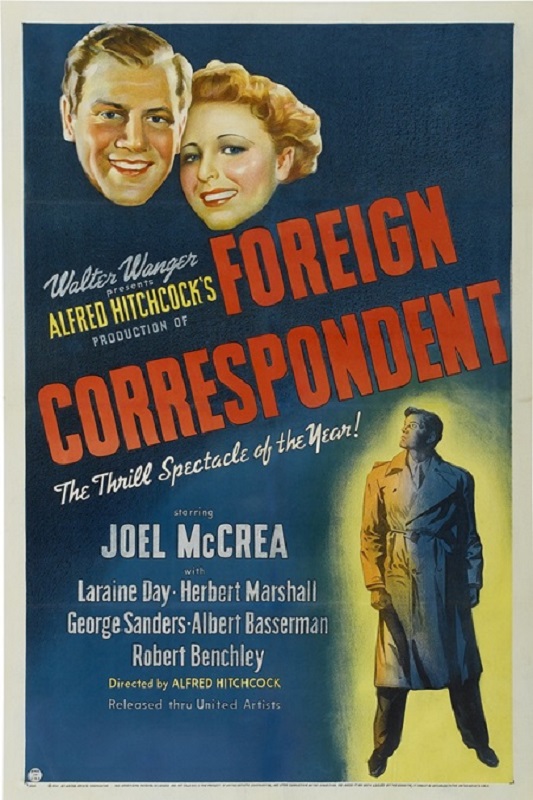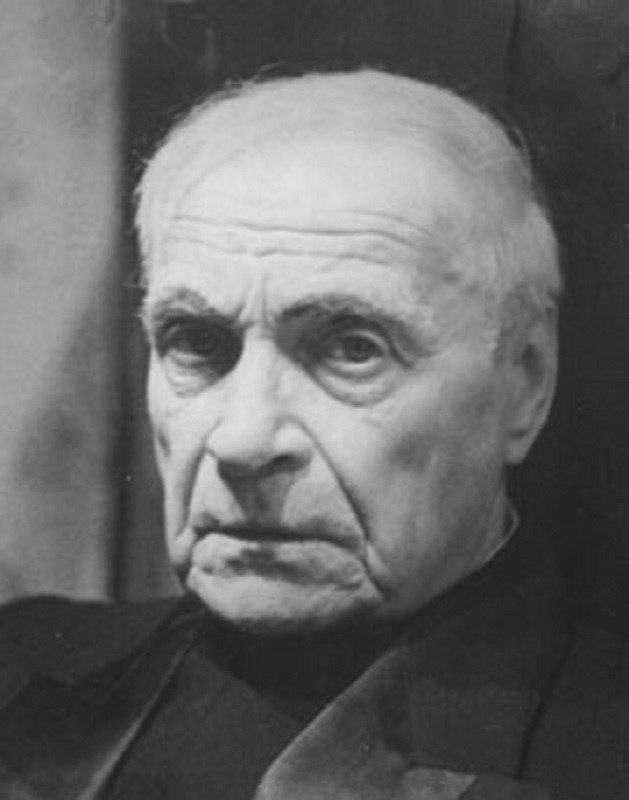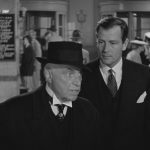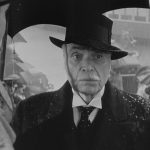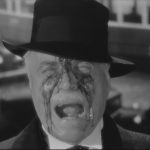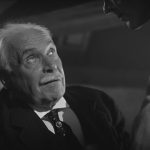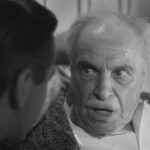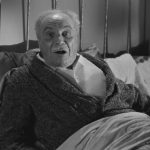


1942 – Walter Huston
Yankee Doodle Dandy
I’ve been seeing this actor’s name pop up a lot more than I thought I would, and he always does a fine job. After seeing him in other films like The Devil and Daniel Webster and The Treasure of the Sierra Madre, I am coming to know him as an actor who is able to inhabit the characters he plays. He transforms into each role, creating unique and distinct characters that are always appropriate and usually memorable. This script didn’t exactly give him anything dynamic to work with, but he does show another side of his performance skills. He sings and dances, something I’ve never seen him do, though his dancing wasn’t as energetic or intense as his costar, James Cagney.
Here he played Jerry Cohan, the patriarch of a Vaudeville acting family. His wife and two children were all there willingly and gladly. They all loved performing on the stage and they loved performing as a family act. In this, he played the part of a good father, supporting his children in their endeavors, and taking joy in their successes, while still maintaining a healthy ego, claiming that he was a better actor than his son, George Cohen. He played Jerry as a kind man who loved his family.
There was one memorable scene where he needed to physically punish his son for messing up a golden opportunity for the family’s act. It was a conscientious decision, which made me like the character even more. And when his wife chimed in, saying, “Not on the hand, he has to play the violin!” and then, “Not on the mouth, he has to sing!” He listened, saying, “”Here’s one place without any talent!” and proceeded to spank his bottom. That was a fun scene.
And even though the script didn’t give him a lot of opportunity to be dramatic, I have to mention his death-bed scene. He is old and dying, and his mind has taken him back to his younger days when they were all pounding the Vaudeville circuit. He was delirious and Huston really sold the scene beautifully. It was a sad and dramatic scene, probably the most dramatic scene in the movie, and Huston made me feel for Jerry in his final moment. Huston did a fantastic job and he was clearly an actor that the Academy loved, as this was his third Oscar nomination, though it wouldn’t be his last. His winning nomination would come six years later in The Treasure of the Sierra Madre.






